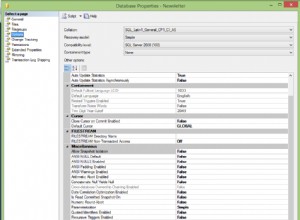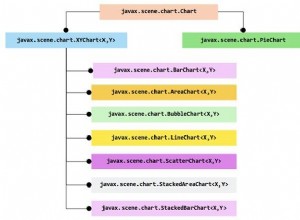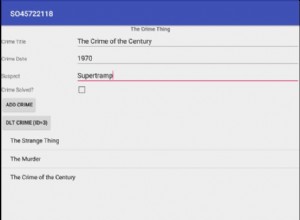अधिकांश पेजिनेशन उदाहरण वास्तविक जीवन की आवश्यकताओं को पूरा करने में विफल होते हैं। एक कस्टम क्वेरी स्ट्रिंग, उदाहरण के लिए।
तो, यहां एक पूर्ण लेकिन संक्षिप्त उदाहरण दिया गया है:
<?
per_page=10;
// Let's put FROM and WHERE parts of the query into variable
$from_where="FROM Post WHERE active ='1'";
// and get total number of records
$sql = "SELECT count(*) ".$from_where;
$res = mysql_query($sql) or trigger_error(mysql_error()." in ".$sql);
$row = mysql_fetch_row($res);
$total_rows = $row[0];
//let's get page number from the query string
if (isset($_GET['page'])) $CUR_PAGE = intval($_GET['page']); else $CUR_PAGE=1;
//and calculate $start variable for the LIMIT clause
$start = abs(($CUR_PAGE-1)*$per_page);
//Let's query database for the actual data
$sql = "SELECT * $from_where ORDER BY PostID DESC LIMIT $start,$per_page";
$res = mysql_query($sql) or trigger_error(mysql_error()." in ".$sql);
// and fill an array
while ($row=mysql_fetch_array($res)) $DATA[++$start]=$row;
//now let's form new query string without page variable
$uri = strtok($_SERVER['REQUEST_URI'],"?")."?";
$tmpget = $_GET;
unset($tmpget['page']);
if ($tmpget) {
$uri .= http_build_query($tmpget)."&";
}
//now we're getting total pages number and fill an array of links
$num_pages=ceil($total_rows/$per_page);
for($i=1;$i<=$num_pages;$i++) $PAGES[$i]=$uri.'page='.$i;
//and, finally, starting output in the template.
?>
Found rows: <b><?=$total_rows?></b><br><br>
<? foreach ($DATA as $i => $row): ?>
<?=$i?>. <a href="?id=<?=$row['id']?>"><?=$row['title']?></a><br>
<? endforeach ?>
<br>
Pages:
<? foreach ($PAGES as $i => $link): ?>
<? if ($i == $CUR_PAGE): ?>
<b><?=$i?></b>
<? else: ?>
<a href="<?=$link?>"><?=$i?></a>
<? endif ?>
<? endforeach ?>




